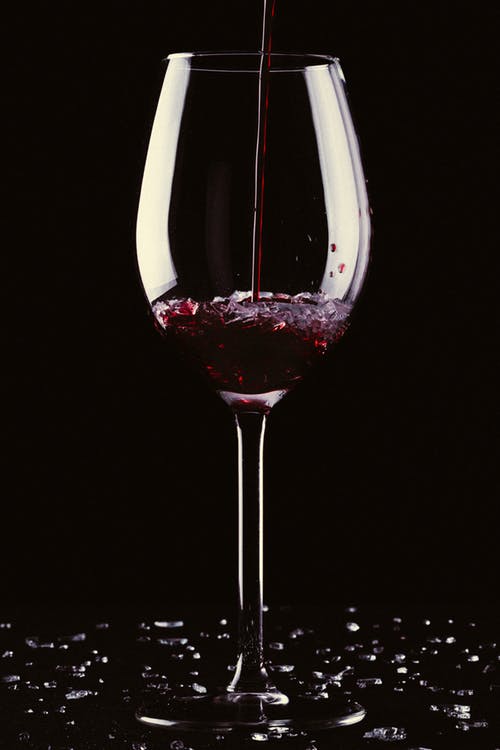The emergence of wine addiction is not a one-off event, it is something that develops over time. Wine addiction is the end-result of wine abuse. This means that one of the ways to curb wine addiction, is to control wine abuse and possibly take it off the grid.
Wine abuse occurs when an individual takes wine incessantly to the point when it becomes an obsessive and compulsive act.
Hence, when the individual drinks wine to the point whereby the degree of obsessiveness and compulsiveness is high, then the person is addicted. Now, when addiction sets in, the individual would give precedence to wine addiction over other essential tasks.
This means that the individual in question would prefer to stay home all day and drink wine instead of attending to other important tasks.
People who are addicted to wine need help because just like other forms of addiction, they are likely to lose the essence of life with their addiction problem. Their health is also at risk because their body organs would be affected due to the addiction problem.

It would interest you to know that teenagers who begin abusing wine at a tender age, are likely to be addicted to wine before they become adults.
This is why parents need to be watchful of what their children or teenagers do, they must be on the lookout to avert various abusive tendencies that their children start to display.
If care is not taken, the young individual can combine wine addiction with drug addiction or any form of behavioral addiction, and the end-result could be disastrous.
Wine addiction affects the brain, heart, liver, pancreas and other vital organs. This is why people opt for organ transplant because their organs have been damaged by the excess wine in their system.
If you have a wine addiction problem, the first step is to acknowledge the fact that you are addicted, and you need help. Also, if you know someone who is addicted to wine, one way you can help them is to approach them with love and not prejudice.
